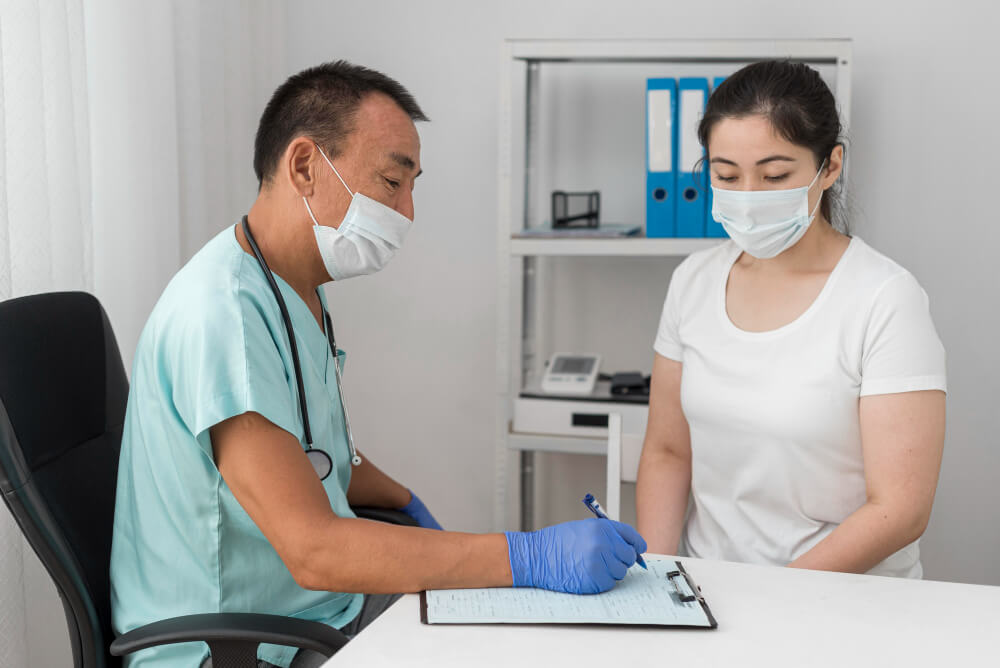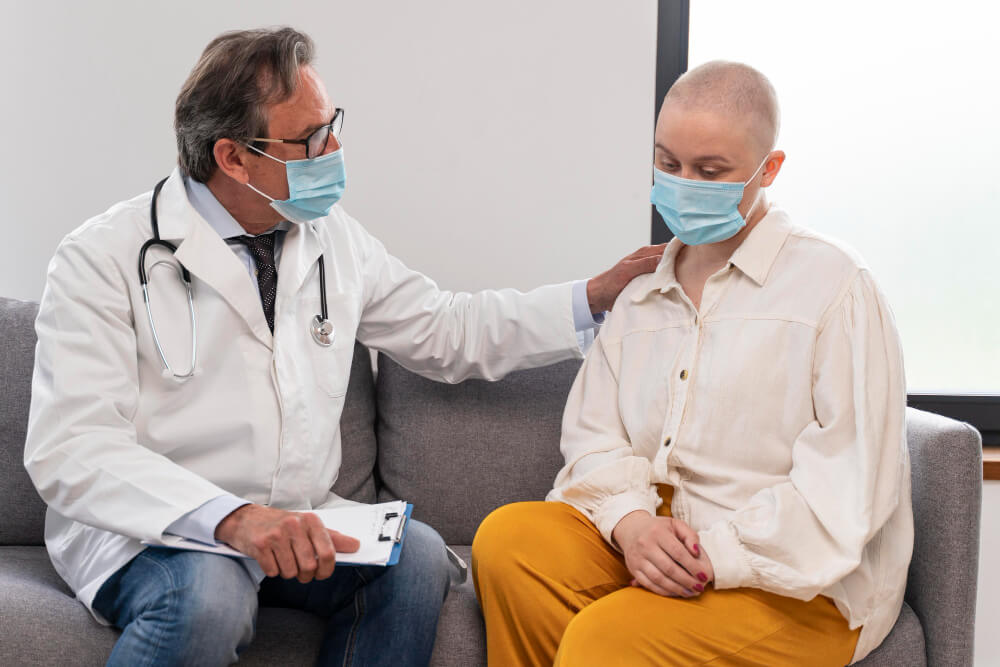Prioritizing Sexual Wellness: The Importance of Preventive Care at a Sexual Health Clinic
Sexual health encompasses a broad spectrum of physical, emotional, and social well-being related to sexuality. It involves more than just the absence of disease; it encompasses the ability to enjoy pleasurable and safe sexual experiences, free from coercion, discrimination, and violence. Preventive care at a sexual health clinic plays a vital role in promoting and maintaining optimal sexual health for individuals of all ages and sexual orientations.

The Benefits of Preventive Sexual Health Care
- Reduced Risk of STIs:
- Regular STI screenings can help identify and treat infections early, preventing complications and reducing the risk of transmission to others.
- Early Detection and Treatment of Conditions:
- Regular checkups can help identify and address potential sexual health concerns early on, such as erectile dysfunction, low libido, and pelvic pain.
- Improved Sexual Function:
- Addressing underlying medical conditions and providing counseling can help improve sexual function and satisfaction.
- Enhanced Communication and Relationships:
- Open communication with a healthcare provider can help individuals address concerns about sexual health and improve communication with their partners.
- Increased Confidence and Self-Esteem:
- Addressing sexual health concerns can improve self-esteem and body image, leading to increased confidence in sexual relationships.
- Access to Contraception and Family Planning Services:
- Sexual health clinics offer access to a wide range of contraceptive options, including birth control pills, condoms, and long-acting reversible contraceptives (LARCs).
- Vaccination Services:
- Access to vaccinations against sexually transmitted infections, such as the human papillomavirus (HPV) vaccine.
The Role of Sexual Health Clinics
Comprehensive Testing and Screening Services
Sexual health clinics are equipped to provide a wide range of testing and screening services. These include tests for common sexually transmitted infections such as:
- Chlamydia
- Gonorrhea
- Syphilis
- HIV/AIDS
- Human Papillomavirus (HPV)
Early detection through regular screenings enables timely treatment and reduces the spread of infections. Clinics often offer rapid testing options, which provide results within minutes, ensuring swift action when necessary.
Counseling and Education
Another critical function of sexual health clinics is education. Trained professionals provide counseling on safe sex practices, the use of contraceptives, and the importance of routine check-ups. By addressing myths and misconceptions, clinics empower individuals to make informed decisions about their sexual health.
Access to Contraceptives
Sexual health clinics are a primary resource for contraceptive options, including:
- Condoms (male and female)
- Oral contraceptives
- Intrauterine devices (IUDs)
- Implants and injectables
By offering diverse options, clinics ensure individuals can choose methods that align with their personal preferences and health needs.
Specialized Services for Vulnerable Populations

LGBTQ+ Communities
Sexual health clinics often offer tailored services for LGBTQ+ individuals, including hormone therapy counseling, PrEP (pre-exposure prophylaxis) for HIV prevention, and support for gender-affirming care.
Adolescents and Young Adults
Education and access are critical for young people. Clinics provide age-appropriate counseling, vaccinations (such as HPV), and resources to promote healthy sexual development.
People with Disabilities
Sexual health services for individuals with disabilities address unique challenges, ensuring equal access to care, education, and support.
Overcoming Barriers to Preventive Care
Addressing Stigma
Stigma remains a significant barrier to seeking sexual health care. Clinics play a vital role in creating welcoming, non-judgmental environments that encourage individuals to prioritize their health.
Increasing Accessibility
Many sexual health clinics offer free or low-cost services to ensure affordability. Mobile clinics and outreach programs further enhance accessibility for underserved communities.
Culturally Competent Care
Providing care that respects and understands diverse cultural backgrounds is essential for effective communication and trust-building. Training staff in cultural competence is a priority for many clinics.
Technology and Innovation in Sexual Health Care
Telemedicine Services
Advancements in technology have enabled sexual health clinics to expand their reach through telemedicine. Patients can access consultations, receive prescriptions, and even conduct at-home STI testing kits through virtual platforms.
Data-Driven Approaches
Many clinics use data to track infection trends, measure treatment effectiveness, and improve service delivery. These insights help shape public health policies and interventions.
Conclusion
Sexual health clinics are indispensable in promoting preventive care. By offering comprehensive services, education, and support, they empower individuals to lead healthier lives. As we advance technologically and socially, the role of these clinics will continue to evolve, ensuring they remain at the forefront of public health.
Reach out to our Sexual health clinic for preventive care strategies (469) 981-0529 Or visit us https://tscmlk.com/
